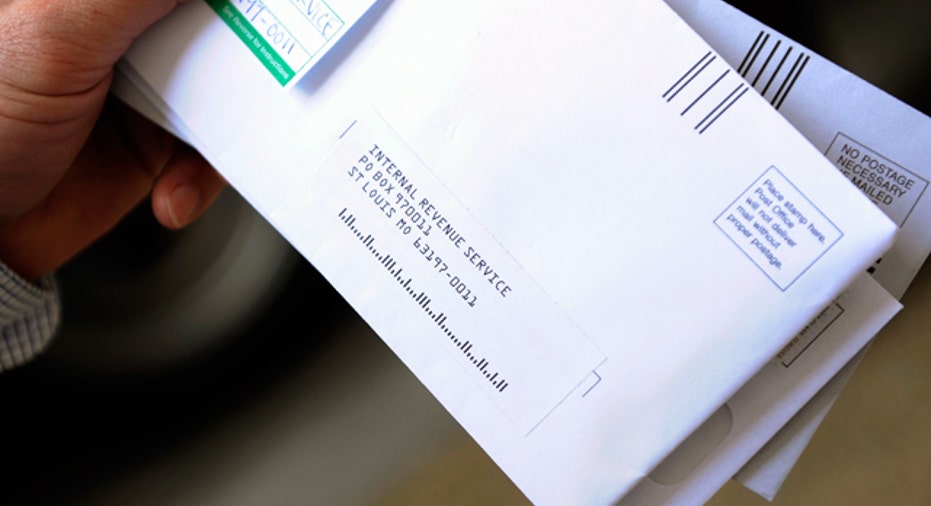Recovering Social Security Tax and FICA Overpayments

Most employers must withhold Social Security tax from your wages. This 6.2 percent employer-collected tax, noted as FICA on most pay stubs, is credited to your account at the Social Security Administration, along with your employer's matching contributions at the same rate.
These payments determine your benefits when you retire. Because there is a limit on how much can be contributed each year, taxpayers sometimes unintentionally overpay this tax. In these cases, you can get your Social Security tax money back as a credit on your individual tax return.
Social Security Earnings Base
In 2010, Social Security at a rate of 6.2% was collected on your earnings up to $106,800. Because of low inflation, that wage base is the same for 2011, though the withholding is cut that year to 4.2 percent of pay.
If you earned at least $106,800 at one job last year, you put in a maximum of $6,621.60 toward Social Security that was matched by your boss. In this situation, the math is straightforward. Once your pay went over the limit, your payroll manager stopped withholding the tax and your take-home pay got a bit bigger.
But if you changed jobs and your combined income from both employers went over the limit, you probably overpaid your Social Security taxes. This is because the second company also withheld the tax, unaware of how much a previous employer had already collected.
Recovering Overpayments at Filing Time
You can get back the excess Social Security that was withheld when you file.
If you file Form 1040, line 69 of the form is where you'll get credit for your overpayments. Simply add the amounts of Social Security withholding reported by each employer on your W-2s and subtract $6,621.20. The result goes on this line, to be included in your total tax payments.
You also can claim the overpayment if you file the shorter Form 1040A. While it's not specifically noted on the return, the form's instructions tell taxpayers to enter their Social Security tax overpayments on line 44 and write "Excess SST" on the line to indicate your claim.
Married couples filing a joint return must compute any excess Social Security withholding separately.
And if you had only one employer but still had too much Social Security tax withheld, you can't claim the excess on your return. Instead, you must ask your company to refund the surplus to you.
Refund not Guaranteed
Remember, however, that claiming credit for overpaid Social Security taxes on your return doesn't guarantee you'll get a check from the Internal Revenue Service for that amount.
Your excess retirement tax is considered by the IRS as part of all the taxes you've already paid. This total tax amount also includes income tax withheld, any estimated taxes you sent in yourself and some tax credits. All of these payments are detailed on lines 61 through 71 on 2010's Form 1040 and then are subtracted from the tax bill you figured on line 60.
On 1040A, these tax payments are detailed on lines 38 through 44 and subtracted from your tax due shown on line 37.
What all these line entries, computations and subtractions mean is that if you owe Uncle Sam $15,000 and made tax payments, including any overpaid Social Security taxes, of $13,000, you'll still owe the IRS $2,000. Your overpayment of Social Security tax is used to help cover your underpayment in another area.
For more information, including work sheets to help you compute the amount of an excess Social Security credit, check out IRS Publication 505, Tax Withholding and Estimated Tax.
Unlimited Medicare Tax
Did you just do your personal payroll math and discover that your FICA withholding each pay period was greater than 6.2 percent? Don't panic. It's not a mistake.
Depending upon how your pay stub information is displayed, you could see a combined withholding rate of 7.65 percent. Employers also take out of your checks another 1.45 percent that goes toward Medicare benefits.
There is no earnings limit on that tax, so even if you exceed the Social Security cap, the Medicare tax will continue to be collected.



















